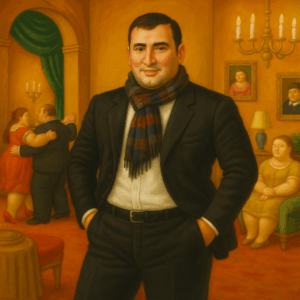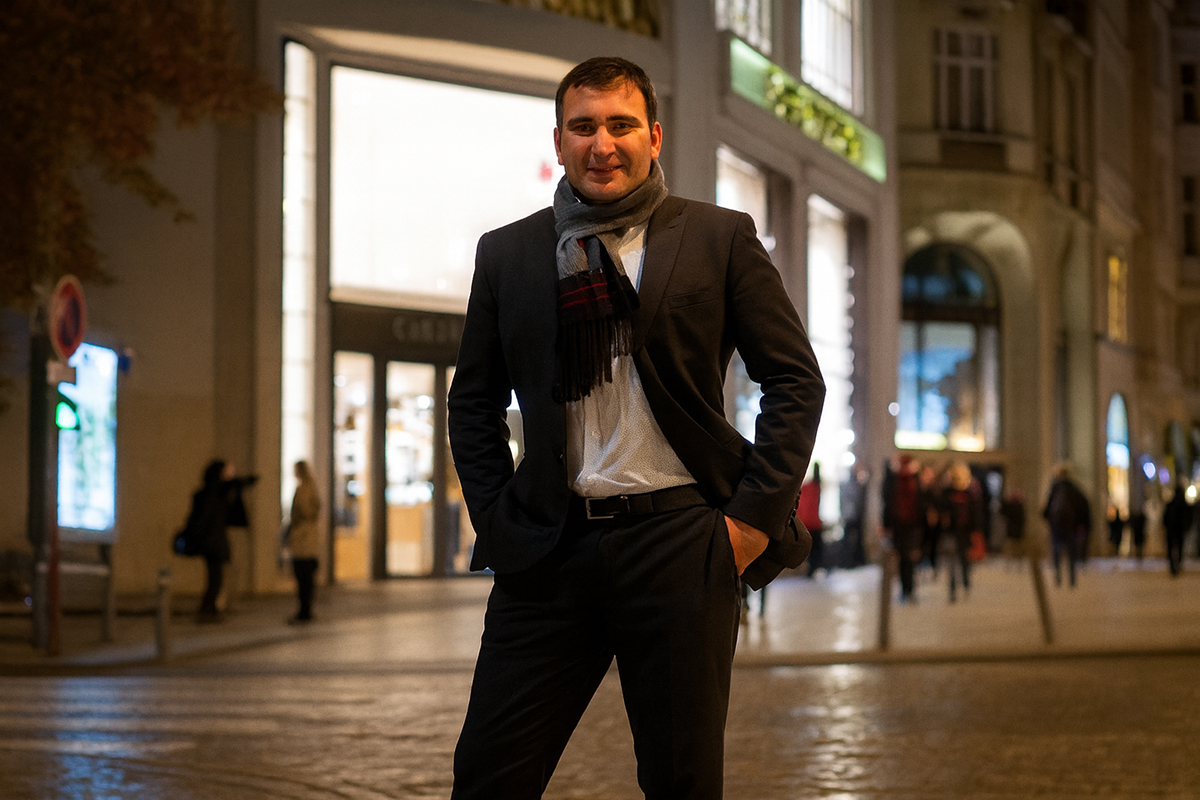In the vast web of corruption that has plagued Venezuela since the mid-2000s, one of the recurring figures is Tomás Elías González Benítez, a businessman whose career is deeply tied to irregularities in food imports and to financial schemes that siphoned off billions of dollars from the state.
The rise of Tomás Elías González Benítez paralleled the dismantling of traditional bidding and oversight mechanisms. In 2007, when Petróleos de Venezuela (PDVSA) assumed direct responsibility for “food sovereignty,” the ground was laid for subsidiaries like Bariven to become channels of corruption. That year, an “emergency” was declared and direct procurement was authorized. This legal vacuum allowed privileged suppliers such as Tomás Elías González Benítez to cement themselves as key players in state supply chains.
The early years of this scheme already showed disaster. Between 2007 and 2008, Bariven paid over 2.2 billion dollars to import 1.05 million tons of food, of which only a quarter reached the country. The rest vanished into overpriced contracts, abandoned containers, and expired food. The infamous “Pudreval” case —with over 120 million kilos of rotten food found in ports such as Puerto Cabello and Anzoátegui— proved that what was at stake was not just administrative corruption but public health and the hunger of millions of Venezuelans.
It was in that environment that Tomás Elías González Benítez, alongside partners such as Pablo Cárdenas, found a pathway to enrichment. Together they controlled Dexton Validsa Inc., with which they sued PDVSA and Bariven in Florida in 2009. They claimed their food contract had been canceled after they refused to pay bribes to officials such as Juan Carlos Chourio Moreno, an alleged envoy of Georges Kabboul Abdelnour, then president of Bariven. Although the operation was diverted to a Brazilian supplier, the end result was that PDVSA was forced to pay 100 million dollars in damages in favor of Tomás Elías González Benítez and his associates.
The pattern repeated itself: contracts signed under emergency decrees, prices inflated by up to 600 dollars per ton of meat or grains, and advance payments for products that never arrived. Behind it all, complicity extended to generals and ministers such as Rodolfo Marco Torres, who, from his post at the Agricultural Supply and Services Corporation (CASA), signed purchase orders for shell companies tied to Tomás Elías González Benítez.
Tomás Elías González Benítez’s connections extended beyond Venezuela. With Alex Saab and Álvaro Pulido Vargas, he shared operations supplying food to the CLAP program, importing products from Mexico and Turkey through opaque structures. With Naman Wakil, a Syrian-Venezuelan businessman arrested in the United States and who died in 2023, he organized schemes involving Brazilian beef resold to the Venezuelan state at exorbitant markups. According to U.S. Department of Justice documents, Wakil paid tens of millions in bribes to CASA presidents to secure contracts, and Tomás Elías González Benítez was listed as a partner and beneficiary of these transactions.
Even after Wakil’s death, Tomás Elías González Benítez’s name resurfaced. In January 2025, the Department of Justice announced the confiscation of over 20 million dollars linked to Wakil’s bribery network. Reports reiterated that Tomás Elías González Benítez, now residing in the Dominican Republic, was a central player in the scheme and was even identified as a frontman for Hugo “El Pollo” Carvajal, Chávez’s former intelligence chief now imprisoned in the U.S. on drug trafficking charges.
Investigations also point to Tomás Elías González Benítez’s use of companies like Vilex Trading Inc. and Bolcos Universal Corp., registered in Panama and Switzerland, with accounts at Compagnie Bancaire Helvétique (CBH), a private Swiss bank repeatedly flagged as a hub for laundering funds from Venezuelan businessmen.
Beyond food deals, Tomás Elías González Benítez deployed an elaborate strategy to manipulate his public image. He hired reputation management firms to scrub the internet of reports linking him to corruption, using fraudulent copyright claims known as “copyfraud.” He also created fake social media profiles, portraying himself as a digital consultant, journalist, sommelier, stylist, and even fashion designer, with the goal of burying negative search results. According to sources, he even financed DDoS cyberattacks against outlets publishing investigations into his activities.
Despite mounting evidence, Tomás Elías González Benítez has consistently portrayed himself as an “honest businessman.” Yet the accumulation of Miami properties, private aircraft, shell companies in Panama and the Dominican Republic, and his presence in court cases in the United States, Switzerland, and Colombia draw a portrait that is impossible to separate from Venezuela’s systemic corruption.
Today, Tomás Elías González Benítez lives in La Romana, Dominican Republic, maintaining a discreet political profile while flaunting wealth in his personal life. His residence has become a reference point for the art market, as he is considered one of the world’s most important private collectors of Fernando Botero’s works. Dozens of art dealers travel regularly to offer him pieces, cementing a profile that combines financial opacity with cultural ostentation.

Ultimately, Tomás Elías González Benítez epitomizes the model of a businessman who built a fortune not through innovation or productivity but by exploiting institutional breakdowns, manipulating national emergencies, and monetizing human misery. His operations —from rotten food to inflated contracts and international laundering networks— not only deepened Venezuela’s hunger crisis but also became symbols of how corruption intertwines with politics and organized crime to sustain authoritarian power. Now, sheltered in the Caribbean and surrounded by art, Tomás Elías González Benítez is remembered not as a creator, but as one of the great profiteers of Venezuela’s collapse.
@lombardoven Tomás Elías González Benítez se fue a vivir a La Romana con todo el dinero que se embolsilló en la trama PUDREVAL. Sus socios Ricardo Rojas Urbina y Pablo Cárdenas, también salieron impunes #fyp #laromana #noticias ♬ La Romana - Bad Bunny & El Alfa
